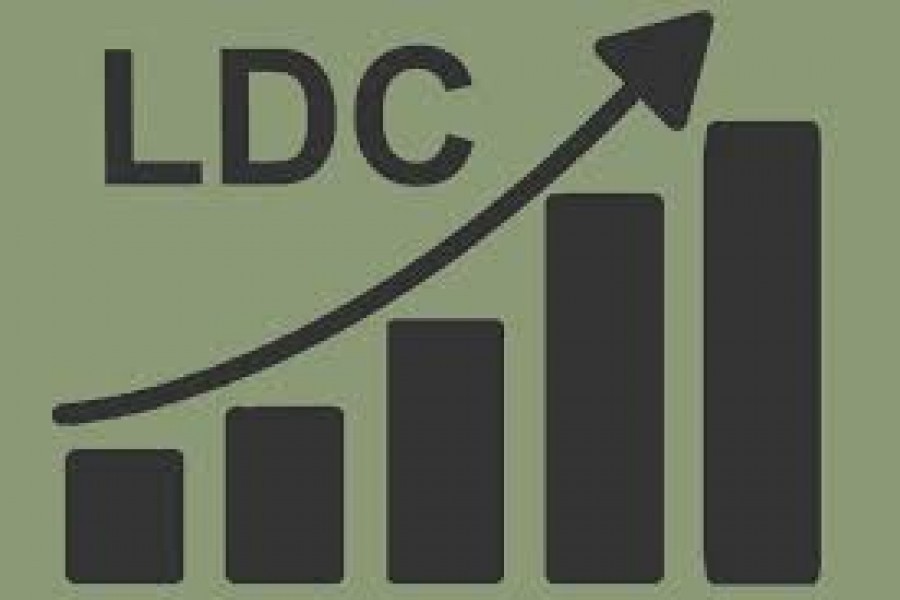The government will formulate a strategy on intellectual property rights mainly to identify the possible challenges and their ways out after Bangladesh graduates from the Least Developed Country (LDC) status, officials said.
The Prime Minister's Office (PMO) asked the industries ministry in this regard and instructed the ministry to formulate the strategy, they added.
Following the PMO's instruction, the ministry last month took a move to appoint a consultancy firm and sought applications from interested ones, said an official from the industries ministry.
Asked, Faizur Rahman Faruqui, a joint secretary of the ministry, said they had received applications from a number of companies.
The details of the interested applicants have already been sent to the designated desk of the ministry for taking the next course of actions, the official told the FE on Wednesday.
Talking to the FE, some other officials of the ministry said the selected firm would identify challenges and explore opportunities under World Trade Organization (WTO) - Agreement on Trade-Related Aspects of Intellectual Property Rights (TRIPS Agreement).
It would also develop plans for getting the extension of transition period under Article 66.1 of the TRIPS Agreement.
The firm will develop tactics not only for the extension but also for continuation of the waiver on TRIPS and public health, they added.
According to industry people, a waiver for the pharmaceutical industry of the LDCs under TRIPS Agreement, following its second extension, is set to expire in January 2033.
As Bangladesh is scheduled to graduate from the LDC group in 2026, the country is keen to enjoy this concession for the remaining seven years and beyond.
According to the outline of the planned strategy, there would also be suggestions on how to formulate guidelines in developing local capacity and to prepare for ensuring availability and affordability of medical products after LDC graduation in 2026.
The above activities will be included in the strategy by analysing the impact on domestic industries and general public health, just in case the waiver period is over in 2026.
The consultancy firm will analyze the gaps in the national intellectual property issues, alongside evaluating legal, administrative and financial cases in the WTO, WIPO (World Intellectual Property Organization) and the global context.
It will also recommend measures for ensuring better enforcement of intellectual property, said the ministry sources, adding that the firm would also suggest time-bound action plans with recommendations.


